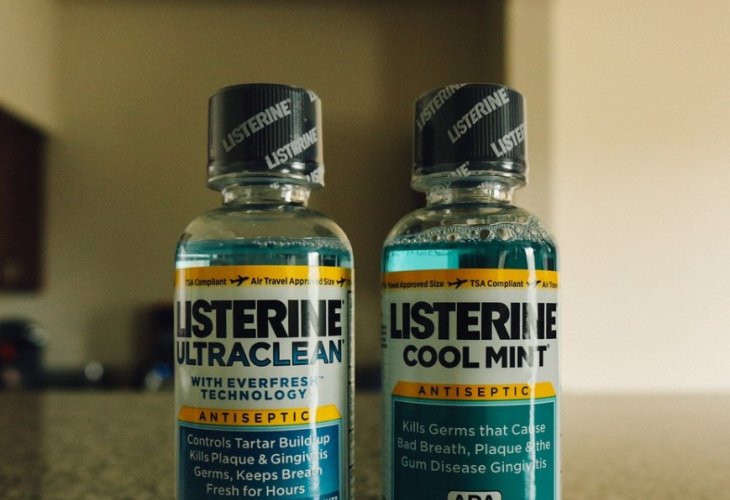Is There a Link Between Mouthwash and Oral Cancer? Four Studies Suggest There Is
Don't miss these crucial studies: Four separate studies suggest a strong link between oral cancer and the use of mouthwashes containing chemical substances. What are these chemicals? Read inside.

Four different studies conducted between 1983 and 2007 suggest that there is a connection between frequent and daily use of mouthwash and cancer.
The most recent research was conducted by Australian researchers who examined 3,210 head and neck cancer patients and claimed that the evidence is sufficient to establish a link between oral cancer and mouthwashes, particularly those containing alcohol. One study found that the use of mouthwash increases the risk of oral cancer among heavy drinkers by 50 times (!) compared to non-drinkers.
None of the studies specified the type of mouthwash or the duration of use that might cause cancer. However, some of the substances that compose the industrially sold mouthwashes today are problematic and cause other diseases.
Chlorhexidine is one such substance. A study that examined its effects among people using mouthwash twice a day found that it significantly increases blood pressure, linking it to heart problems. Cetylpyridinium chloride is also a dangerous chemical declared as a carcinogen and can cause blood clots in the brain.
A study conducted by English researchers found that a substance called methylparaben found in many mouthwashes causes different types of cancer.
Methyl salicylate, a relative of methylparaben, is also extremely lethal: a few years ago, the American media reported a case of a 17-year-old girl who used a topical cream to relieve muscle pain and suffered severe side effects because her body absorbed an overdose of the substance. For understanding - one tablespoon of methyl salicylate equates to 23,000 milligrams of aspirin.

